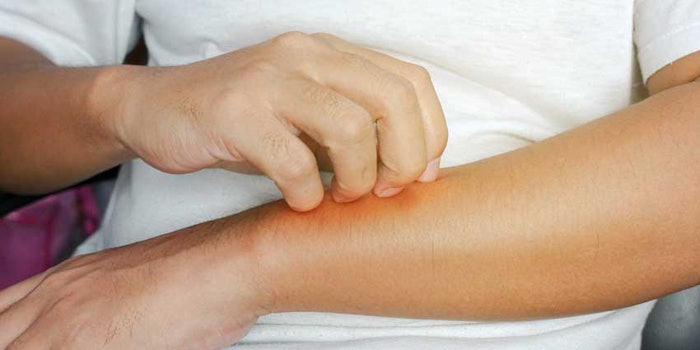
An Australian study published in Dermatopathology investigated the effects of two high purity seaweed extracts on atopic dermatitis (AD) and reportedly uncovered their potential for use as topical therapeutic agents.
Related: Live Lactobacillus reuteri Proven Effective for Atopic Dermatitis
Fucoidan is a bioactive compound that occurs naturally in brown seaweed. According to co-authors from Marinova and StratiCELL, it has been previously researched and is known for its anti-inflammatory effects. Fucoidan is typically utilized as an active ingredient in topical skin care and dermatological formulations, and has shown the potential to limit inflammation caused by allergic conditions.
The study showed that fucoidan altered gene expression in an in vitro 3D model of atopic dermatitis. Genes that were beneficially affected included those typically associated with skin barrier function, wound healing processes and fluid accumulation.
The study also demonstrated fucoidan to significantly inhibit the adhesion of Staphylococcus aureus, a bacterium typically found on the skin of AD patients and known to aggravate the condition. More importantly noted in the study, the fucoidan did not affect the adhesion of Staphylococcus epidermidis, a common bacterium found on healthy skin.
The fucoidan utilized in the study was Maritech organic fucoidan from Fucus vesiculosus and Undaria pinnatifida seaweed. It was produced in Australia by Marinova.
Previously: Marinova’s Fucoidan Seaweed Actives for Skin and Nutricosmetics
“There is currently an unmet global need for effective, non-toxic treatments for debilitating inflammatory skin conditions such as atopic dermatitis,” said Ahyoung Park, Ph.D., Marinova research scientist and lead author of the paper. “These latest results suggest fucoidan may be a useful topical agent to assist in the future management of AD and potentially offer relief to millions of sufferers.”









